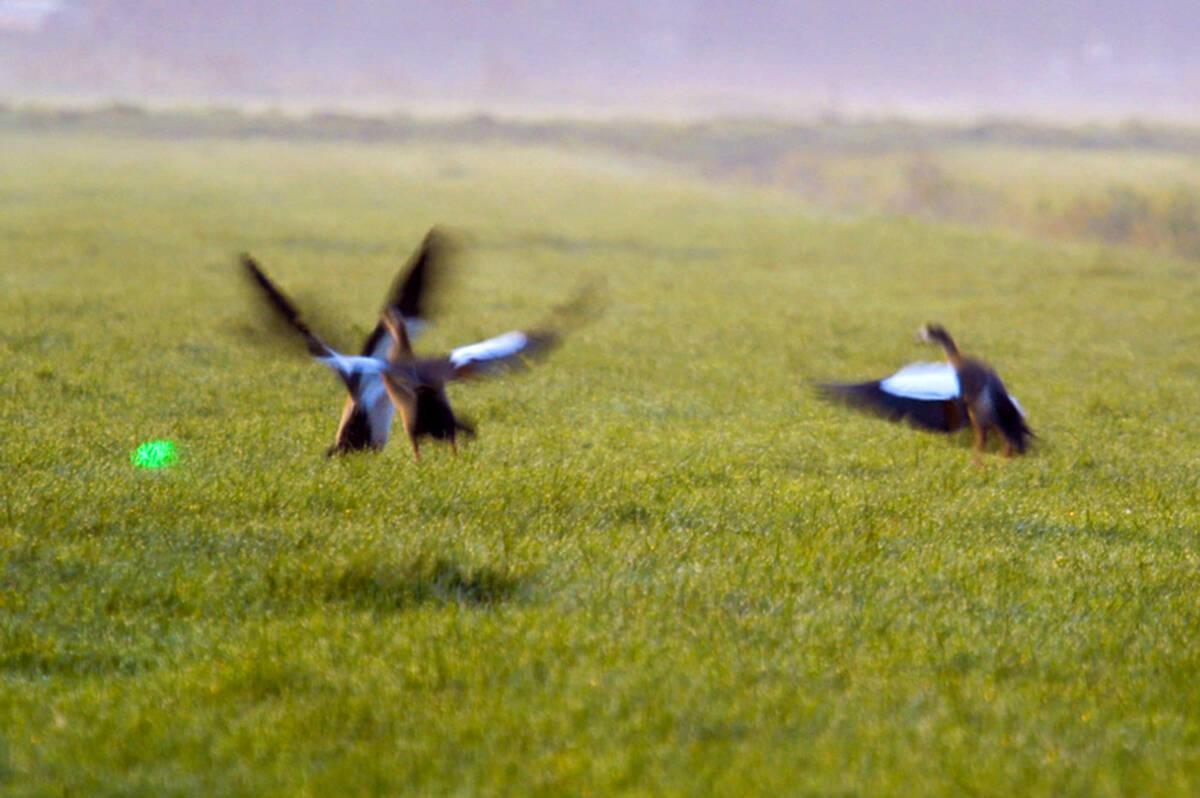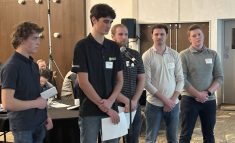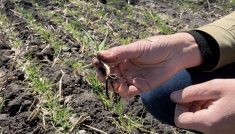Aproject to develop food production and leadership skills among northern Manitoba youth is among the projects supported through a recent $1-million federal research grant for alternative food research.
In February 2010 the federal government allocated a $1-million Community University Research Alliance (CURA) grant to help set up and run action-oriented research projects in Manitoba that help create new skills and enhance local food security.
The funds come from the Social Sciences and Humanities Research Council (SSHRC) to a Manitoba research network called the Manitoba Alternative Food Research Alliance (MAFRA).
Read Also

Canada’s import ban on Avix bird control system ruffles feathers
Canadian producers’ access to Bird Control Group’s Avix laser system remains blocked despite efficacy studies and certifications, as avian flu deaths rise.
The funding will be available over five years. Forty proposals were received this year. In total, four Winnipeg-based projects, three in northern Manitoba and five for rural Manitoba were selected to receive support.
“The number of proposals that we received clearly indicate that there is a huge need for funding for food-related projects in communities across Manitoba,” said Stéphane McLachlan, professor of environmental science at University of Manitoba and MAFRA’s principal investigator in a release.
The project’s team of university researchers, with backgrounds in areas such as human nutritional sciences, environment and geography, natural resources and native studies will be linked together under MAFRA.
Anna Weier, a University of Manitoba research associate and a spokesperson for MAFRA, said the projects selected had to demonstrate some kind of community capacity and skill-building component. As a participatory research approach, these projects had to have on-the- ground impact, she said.
“We have two main goals or things that we’re hoping the projects will fulfil. One is to meet a need in the community. The other is to evaluate the project so that it can be shared with other communities so that those best practices can be shared.”
Who gets funding is determined by volunteer committees from the north, rural and urban Manitoba. A total of $20,000 is allocated per region per year.
This was the first call for proposals. The research grants will be available until 2014.
PROJECTS FUNDED FOR 2011-12 INCLUDE:
Fruit Share (Winnipeg) North Point Douglas
Community Oven Community Garden and Land
Tenure project (Urban Greenspaces Coalition)
Winnipeg Community Garden Network
School gardens at each of Brochet, St. Theresa Point and Wasagamac
Indigenous cookbook (Interlake Reserves Tribal Council)
Sagkeeng First Nation Community Roundtable
Turtle Mountain Metis Community Garden
Daugin Wild Fruit and Traditional Food Project
Homegrown Leaders (Harvest Moon Society).
———
“Thenumberofproposalsthatwereceived clearlyindicatethatthereisahugeneed forfundingforfood-relatedprojects incommunitiesacrossManitoba.”
– stéphane mclachlan, professor of environmental science at university of manitoba and mafra’s principal investigator















